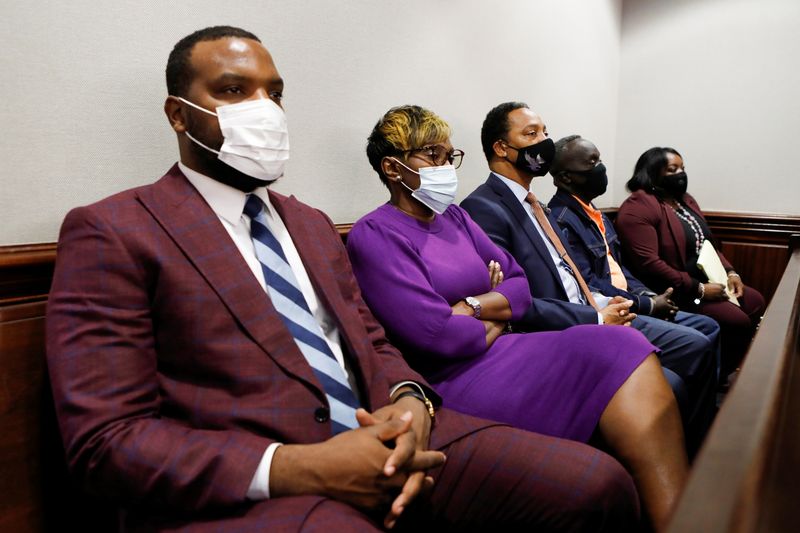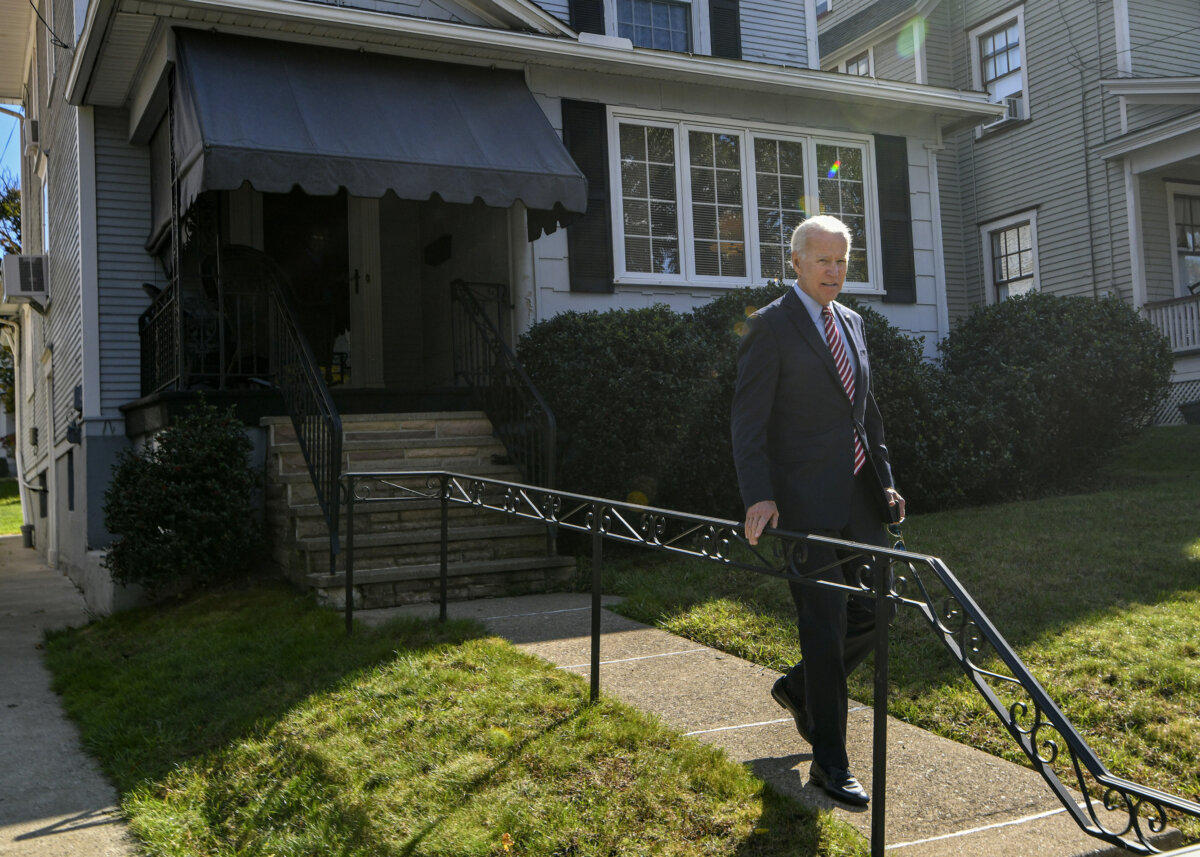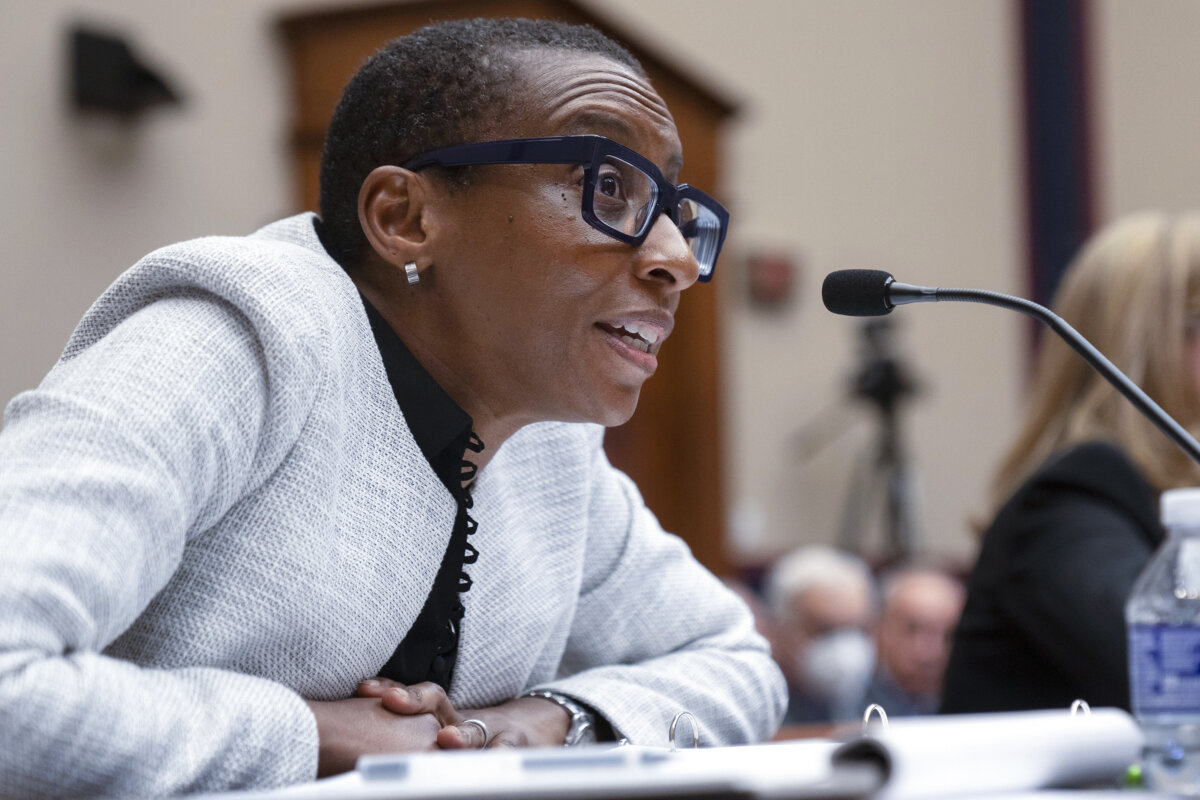(Reuters) – For months, local prosecutors took no action after three white men jumped in their trucks and chased Ahmaud Arbery, a young Black jogger, through their Georgia neighborhood before shooting him to death.
It was only after a video of Arbery’s final moments on Feb. 23, 2020 surfaced in May of that year that Travis McMichael, 36, his father Gregory McMichael, 66, and a neighbor, William “Roddie” Bryan, 52 were charged. In late November the three were convicted of murder in a state trial.
Race and racism – issues local prosecutors had skirted during the murder trial – were at the heart of federal hate crimes proceedings that opened Feb. 14 in Brunswick, Georgia near where Arbery died in the Satilla Shores neighborhood.
After a week of listening to testimony about the defendants’ long history of racist social media posts and discourse, a predominantly white jury on Tuesday found racial animus motivated Arbery’s murderers. In that moment, the justice system took note of the full circumstances of a death that perpetrators had lied about to authorities who initially seemed uninterested in holding them accountable.
“We got a victory today, but it’s so many families out there who don’t get victories because of people that we have fighting for us,” Arbery’s mother Wanda Cooper-Jones said after the verdict.
Cooper-Jones criticized the federal prosecution team for earlier seeking a plea deal, which would have meant graphic evidence of the defendant’s deadly racism would not have been before the public. U.S. District Judge Lisa Wood had made a rare move in rejecting the plea agreement, allowing the trial to go forward.
“They were made to do their job today,” Cooper-Jones said of Department of Justice prosecutors.
The Department declined to seek charges against 82% of the roughly 1,800 people suspected of federal hate crimes it investigated between 2004 and 2019, according to the Bureau of Justice Statistics.
Reluctance to seek charges may stem from concern they will be hard to prove. After Tuesday’s verdict, Wood told the prosecutors in the Arbery hate crimes case that “it can be difficult to prove the racial motivation part of hate crimes. But you had the evidence and you introduced it in a skillful and professional manner.”
Page Pate, a federal criminal defense lawyer based in Brunswick with 25 years experience, told Reuters that prosecutors had a heavy lift because the federal hate crimes law was originally designed to turn on concrete evidence.
“The law was written for KKK (Ku Klux Klan) types of violence where there was no mystery – burning crosses, burning down churches and that sort of thing,” Pate said in an interview.
U.S. Attorney General Merrick Garland, speaking to reporters after the verdict against Arbery’s murderers, said, “every case is decided on its own merits. We have done a number of hate crimes prosecutions in the last year years and we will continue to bring those cases where we have the facts and the law on our side.”
Garland did not directly answer a question about criticism from Arbery’s mother of the initial plea deal attempt.
“I cannot imagine the pain that a mother feels to have her son run down and gunned down while taking a jog on a public street and the family,” Garland said, sounding choked up.
(Reporting by Tyler Clifford; additional reporting by Rich McKay in Brunswick, Ga and Sarah N. Lynch in Washington; Editing by Donna Bryson and Alistair Bell)



















